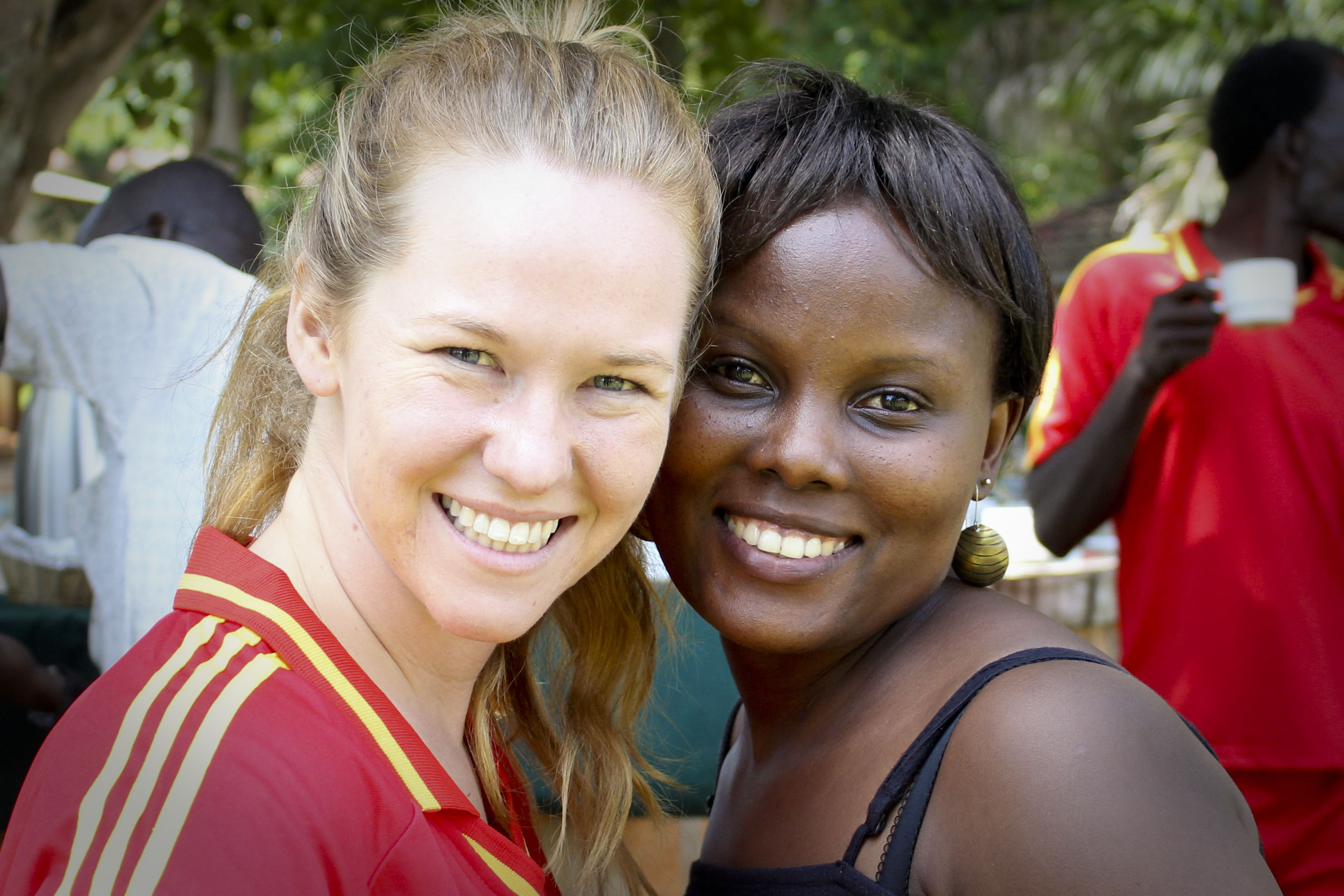It’s one of those things that is small, but reminds you just how much you take your own version of normal for granted. Like how I always thought that Kevin was a boys’ name. In Uganda, most Kevins are girls.
At first, this can be rather confusing. Especially since in Luo the third person pronoun is the same, gender-neutral word (en) for both he and she. In Luo, you infer the gender of the pronoun from the name of the person you are talking about, but in English we have to be more specific. The differentiation is often lost in translation, leaving room for such opaque communications as:
“Kevin is such a great mom, and now he’s pregnant with a third child.”
I’ve learned that there is a playful alternative to he/she in Luo: dakoni (that woman) and nyeeni (that man). But you can’t just go around rudely referring to ‘that woman’ or ‘that man,’ it’s only appropriate as a joke among peers.
Which brings me to group relationships. There are two words for ‘you,’ in (singular) and wun (plural). You on your own, and you as a part of a larger whole. In English, I tend to find ‘you’ are always on your own. In Uganda, a lot more time is spent simply being together. If you go visit someone, you don’t just drop by to say hello, you plan to spend the day or the afternoon sitting together. You stay and eat a meal together.
Relationships are reinforced by the language that you use. Through your words you connect with people, distance yourself from people, identify with people. As an outsider, I don’t think I’ll ever be able to completely explain or understand all the nuances of hierarchy and relationship. Frankly, I often very much enjoy being me by myself. But in the great enjoyment of company and value for the inclusion of others, I find something to admire.
Sometimes, differences can be uncomfortable. Sometimes, they make you laugh. Sometimes, they make you learn.
And when you’re a woman named William, you just have to make up your mind to enjoy the surprises when they come.

Think people should hear about this?